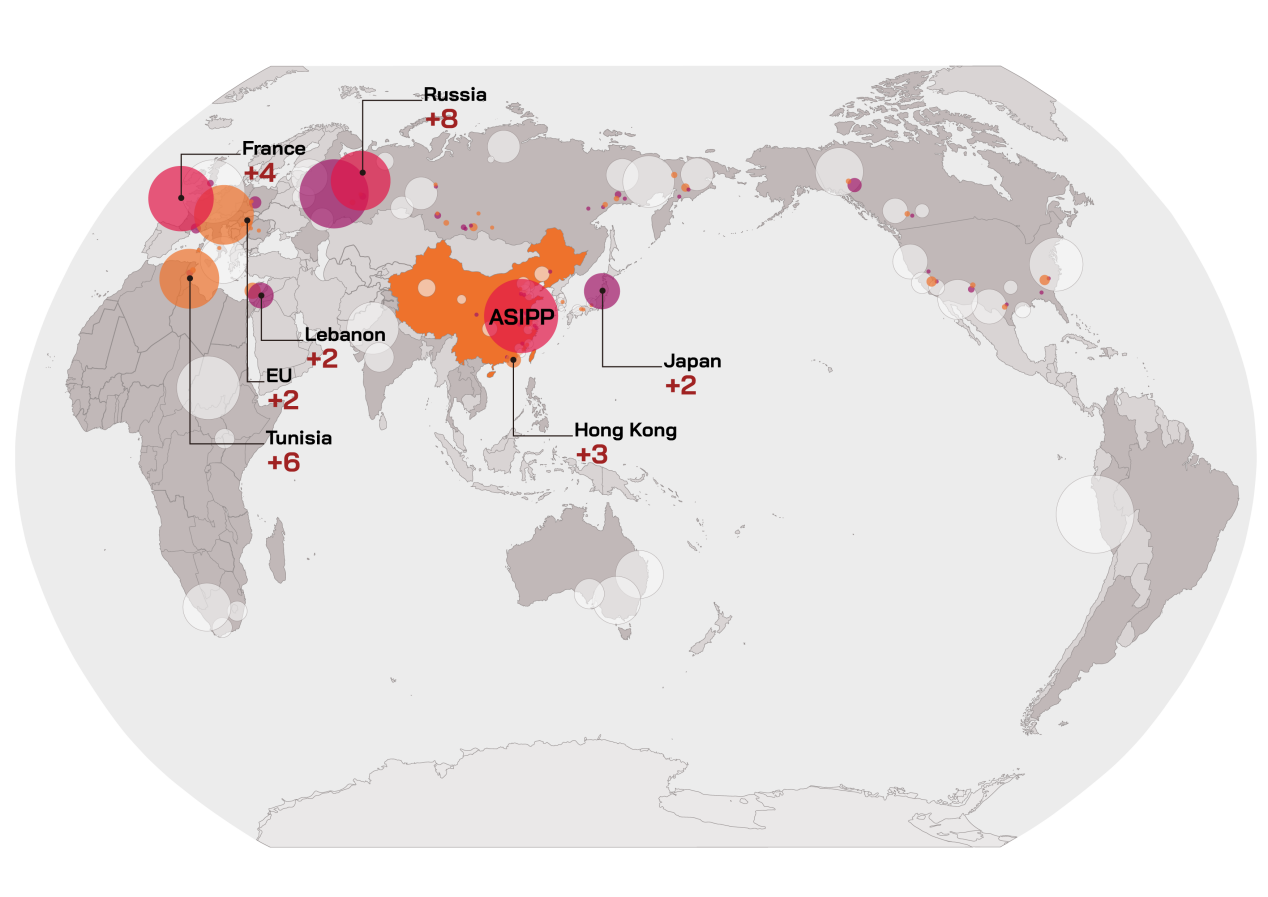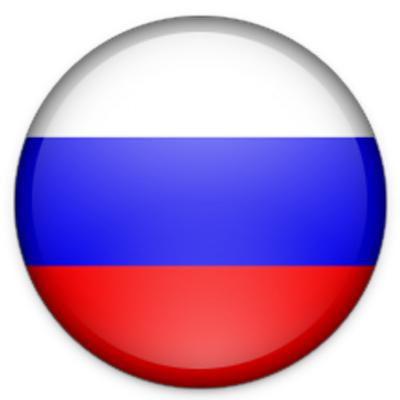International Collaboration
ASIPP has established strong partnerships with over thirty countries and regions, including the EU, USA, Russia, and Japan. Since its start, ASIPP has focused on international cooperation, sending many scholars and engineers abroad for visits, studies, or work. The institute actively hosts international seminars and workshops and supports fusion research in developing countries. It has also engaged in significant cooperation with various countries and institutions in fields such as plasma physics, nuclear fusion technology, ion beam biological engineering, computer science, and solar cells.
The collaboration map has been updated as of May, 2024
Cooperation with ITER
ASIPP is a key contributor to China's efforts in ITER, responsible for 73% of the country's procurement packages, including superconducting conductors, correction coils, current leads, power supply, and diagnostics. The institute has completed these tasks with high quality and punctuality, earning global recognition.
Main cooperation results:
- The Institute of Plasma Physics (ASIPP) has signed an international collaboration agreement with the Tunisian National Center for Nuclear Science and Technology (CNSTN). This partnership involves ASIPP working closely with the French Commission for Atomic and Alternative Energies (CEA), the Tunisian Ministry of Higher Education and Scientific Research (MESRS), and the Training Program of CNSTN to organize an annual Summer School of Plasma and Fusion Physics in the Middle East and North Africa region.
- The HT-6M facility has been reconstructed and the China-ASEAN Fusion Research Center established in Thailand, with support for Thailand's fusion research through the transfer of the HT-6M Tokamak.
- The China-CEEC Fusion Technology R&D and Application Center has been set up in Slovenia.
- Direct BRICS Fusion Week to cultivate top fusion talents.
- China hosts a Plasma Physics and Fusion Training School and has set up a Fusion Cooperation Center with the Middle East and North Africa. A research cooperation agreement on the peaceful use of nuclear energy has been signed with a Lebanese university. Under this agreement, the American University of Beirut (AUB) and the Institute of Plasma Physics, Chinese Academy of Sciences (ASIPP) will engage in more detailed collaborations, including fusion research, plasma studies, student training, and scientist exchanges.
- Over thirty years, China and Russia have cooperated in fusion technology, significantly contributing to the scientific and technological partnership between them. Notably, significant progress has been made in the collaboration between EAST and NICA.
- Several joint labs have been set up with countries such as Russia, Finland, and Denmark, including the China-Russia Superconducting Proton Research Center, the China-Finland Joint Laboratory with VTT, and the China-Denmark Joint Laboratory with DTU.


